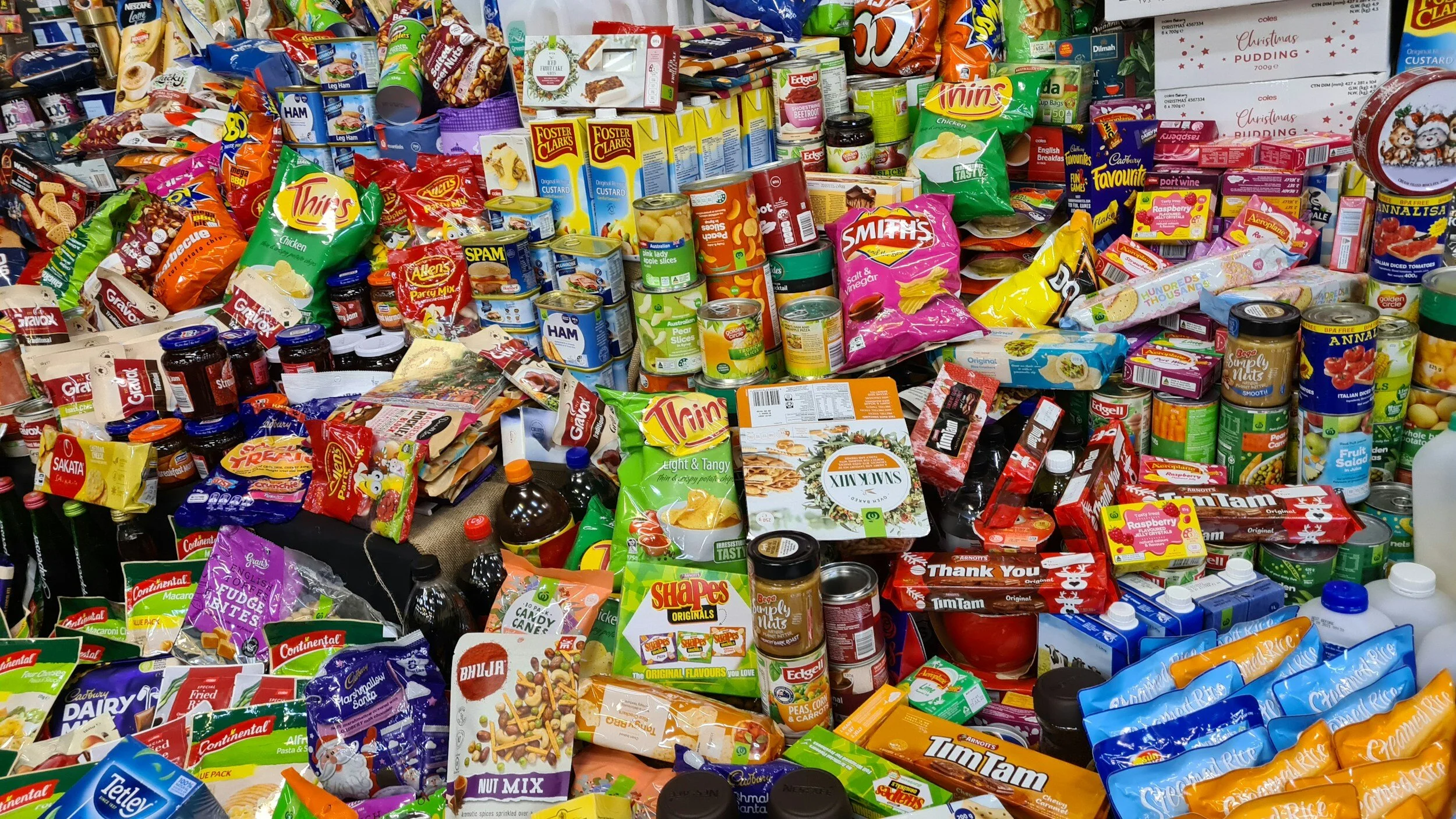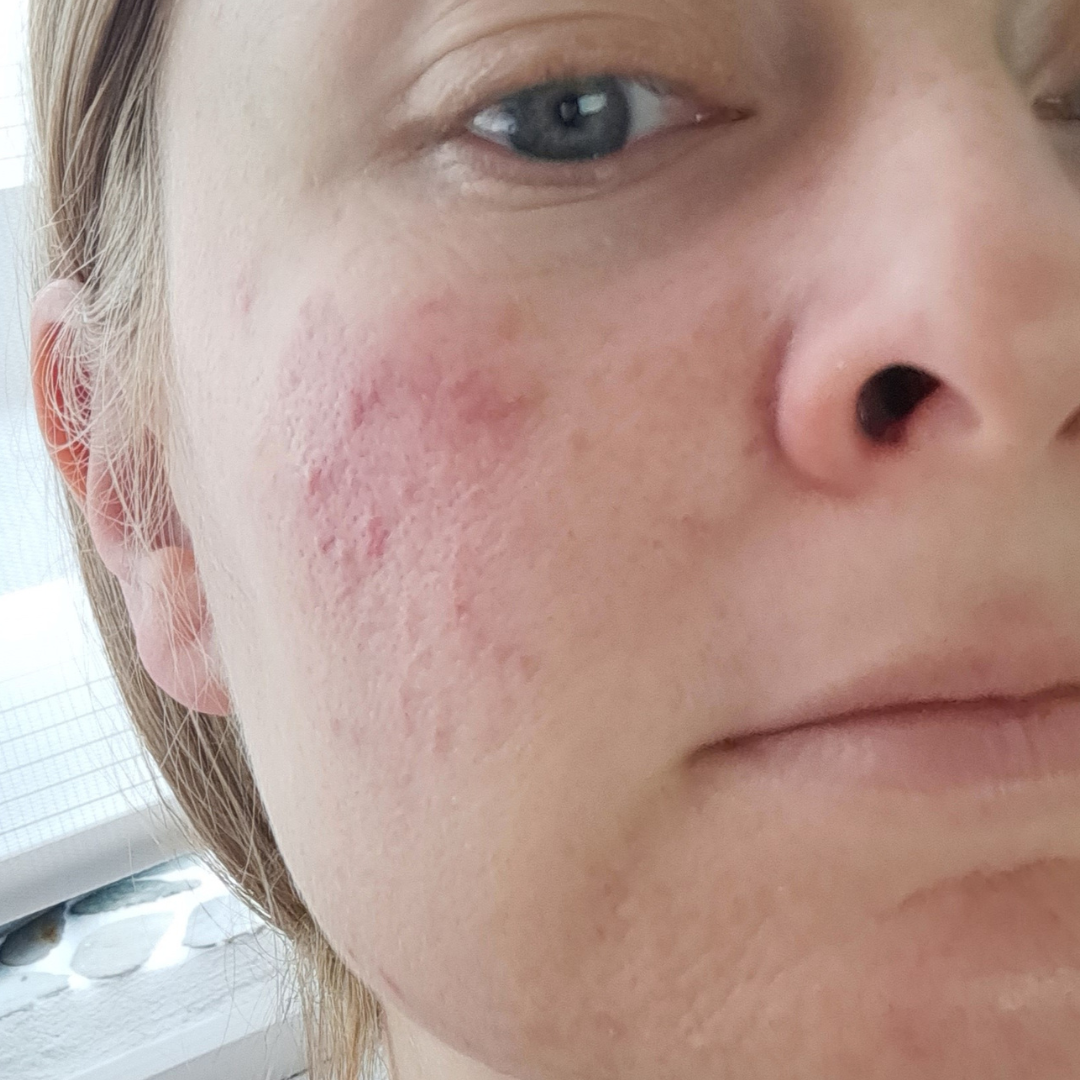Your Gut & Your Skin: The Hidden Connection
Did you know that the health of your gut can have a big impact on your skin? Conditions like rosacea, eczema, and psoriasis aren’t just skin-deep—they often reflect what’s happening inside your body.
Your gut is home to trillions of bacteria, both good and bad. When your gut balance is off, it can trigger inflammation that shows up on your skin. One common culprit is a leaky gut, in which the gut lining becomes more permeable, allowing toxins and undigested food particles to enter the bloodstream. This can worsen chronic skin conditions and trigger flare-ups.
Supporting your gut with a healthy diet, probiotics, and nutrient-rich foods can make a real difference. Foods rich in antioxidants, omega-3s, and fibre—like berries, leafy greens, fatty fish—help reduce inflammation, promote healthy digestion, and support a glowing complexion. Avoiding processed foods, sugar, and alcohol can help prevent gut irritation.
Small, consistent changes—hydration, stress management, and good sleep—also play a crucial role.
Remember: Healthy skin starts from within. Treat your gut, seal the leaks, and your skin will thank you!
The Hidden Causes of Chronic Skin Inflammation
If you struggle with eczema, rosacea, or psoriasis, it’s easy to think the problem is “just on your skin.” But chronic inflammatory skin conditions are rarely isolated—they often reflect deeper imbalances in the body.
A few hidden drivers include:
Compromised gut health: Leaky gut and microbiome dysbiosis can trigger systemic inflammation.
Compromised liver health & toxic overload: Your liver detoxifies harmful substances; when overburdened, toxins can exacerbate skin flare-ups.
Compromised mental health & stress: Anxiety, depression, and chronic stress affect hormones and inflammation, worsening skin conditions.
Dysregulated nervous system: Overactive sympathetic (stress) response can trigger flare-ups and slow healing.
Overactive immune system & histamine intolerance: Immune overreaction leads to inflammation, redness, and itching.
The key thing? These dysfunctions are deeply connected. Poor gut health affects the liver, stress dysregulates the nervous system, and immune overactivity amplifies histamine responses—creating a perfect storm for skin inflammation.
Addressing skin issues isn’t just about creams or diets—it’s about holistic support for gut, liver, immunity, and mental wellbeing. Healing begins from within, and by targeting these interconnected systems, you can finally calm chronic skin inflammation and restore healthy, radiant skin.
Toxic overload. What is it, and how is it affecting your skin?
The liver is our main detoxifying organ, responsible for filtering and eliminating potentially harmful substances from our bodies. But today, we’re exposed to an overwhelming number of chemical toxins—from food additives and pollution to household products—that can overload the liver.
When detox pathways slow down, toxins can no longer be efficiently eliminated. They circulate throughout the body, affecting gut health, hormones, mental wellbeing, and overall organ function. This toxic overload often manifests in the skin, showing up as chronic inflammation, flare-ups, and stubborn conditions like eczema, rosacea, or psoriasis.
Modern chronic skin conditions reflect systemic imbalances, often rooted in our liver and detox systems. Supporting liver function, reducing toxin exposure, and prioritising gut and mental health can help calm inflammation and restore radiant, healthy skin from the inside out.
What is ultra-processed food, and why do we need to avoid it?
Lots of ingredients we use in our cooking are processed to some extent. Let’s look at foods like flour, olive oil and tinned tomatoes; none are in their raw states. But ultra-processed food is different. Why? Because it contains industrial substances (such as colourings, flavour enhancers, a range of preservatives, emulators, trans fats or artificial sweeteners) that you won’t find in your kitchen- additives that make food taste, look good, and last longer. Nowadays, we already understand that those industrially produced edible substances have, in fact, a very negative influence on our health if consumed regularly. They affect our gut microbiome, contribute to toxic overload, affect our mental health, disturb hormones as well as trigger cancerous cells.
Can stress contribute to developing a chronic skin condition?
Absolutely, in fact, it is proven that stress, trauma and anxiety:
• stain our nervous system
• trigger pro-inflammatory chemical reactions in our bodies
• affect your gut and microflora
• suppress our immune systems
• impair blood flow to the liver
• cause hormonal imbalance and much more
Stress and compromised mental health impact our body, and this often shows through our biggest organ: the skin. People who suffer from chronic skin conditions seem to respond very well to changing lifestyles to less overwhelming, improving mental health as well as implementing relaxing techniques to daily routines.
Because I’m being asked a lot… Here is a preview of my own battle with rosacea…
November 2019
February 2020
October 2020
Foods to avoid
If you suffer from a chronic skin condition, you should try to avoid foods that are known to trigger inflammation, disturb your gut and hormonal health and lower your immunity.
What are those foods?
Refined sugar and artificial sweeteners
Gluten
Commercial dairy
Refined carbohydrates: (e.g. pizza, bread, crackers, pasta, breakfast cereals, cereal bars)
Alcohol
Sweetened drinks (sodas)
Processed meat (deli meat)
Vegetable and seed oils like soy, corn, sunflower, safflower (rapeseed), and palm oil
Deep-fried foods (related to the above)
Fast-foods
Ultra-processed foods with artificial additives (like preservatives, emulsifiers, stabilisers, thickeners)











